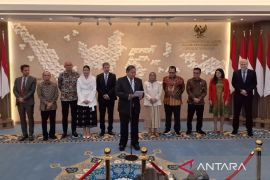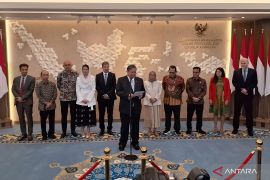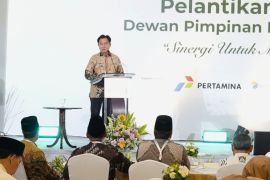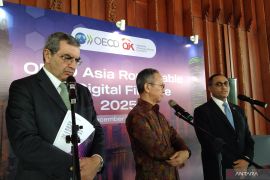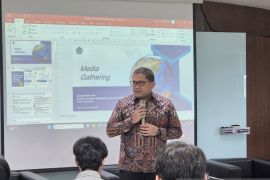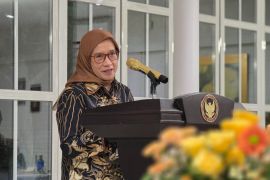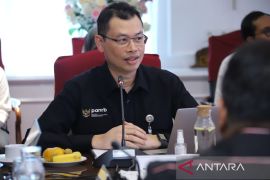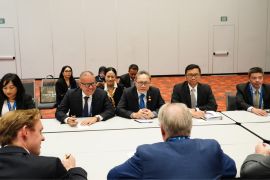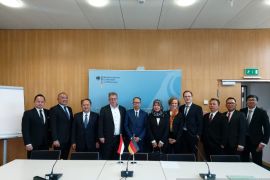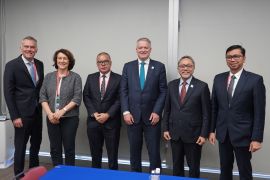"Indonesia still needs adequate improvement in tax administration system as the number of people paying taxes is still far from the potential number," Gurria told reporters here on Monday.
According to Gurria tax base in Indonesia is still narrow and tax payers obedience is weak, saying there are only 27 million of the countrys 260 million population registered as tax payers with only 900,000 paying taxes.
Therefore, the tax amnesty program of the government is good not only for short term gain in tax revenues, but also for long term gain in broadening tax base and improving taxpayers obedience, he said.
"The idea of tax amnesty is to normalize past relations between tax payers and the tax authorities. The expectation from this program is improved transparency and facility that the tax payers would be obedient to pay taxes," he said.
He said administrative reform through obedience in paying taxes would have direct impact on tax revenues , greater efficiency, that the revenues could be used for long term financing of various investment and social programs.
"The tax revenues could be used to finance infrastructure development and other social welfare programs. Therefore, administrative reform is vital as the Indonesian tax ratio of 11-12 percent is still far below the potential," he said.
He said tax administration reform would not come immediately as it would need system of technology and adequate skilled technicians, culture of awareness of obligation to pay taxes and firm law regulation against evaders.
"This would not come overnight , but it would need resources and culture of compliance with regulation. The people also need socialization that paying taxes not only would benefit the state but also for the welfare of the people in general," he said.
He said taxes constitute social contract between the government and the people, therefore, the government that earns fund from tax collection must provide adequate social protection, public facilities and public services.
"Taxes are social contract between the government and the people. You pay taxes and the government is improve the public welfare. In essence, paying taxes is an important component for development," he said.
Indonesia and the OECD have cooperated in pushing for tax reform , especially in dealing with tax crimes, tax incentives, taxes on small and medium enterprises (SMEs) and informal sector, tax agreement and micro simulation model of tax income.
The cooperation has been useful as Indonesia has become co-chairman of Regional Consultation Program of Base Erosion and Profit Shifting (BEPS) in 2014 and is continuing leadership in the ASEAN form for taxation.
Deputy Finance Minister Mardiasmo said the OECD support for Indonesia concerning tax reform constitutes a good momentum in carrying out administrative or regulation reform that tax revenue could be optimum.
"This is a good momentum to improve tax data especially as our tax ratio is still low . We will look for new potentials among individual tax payers mainly professionals like accountants, medical doctors, and artists. We also expected taxes from SMEs," he said.
In addition, the government also is ready to propose revisions of law on tax general stipulations and a number of related regulations as a preparation for an era of Automatic Exchange of Information (AEoI) in 2018.(*)
Editor: Heru Purwanto
Copyright © ANTARA 2016
